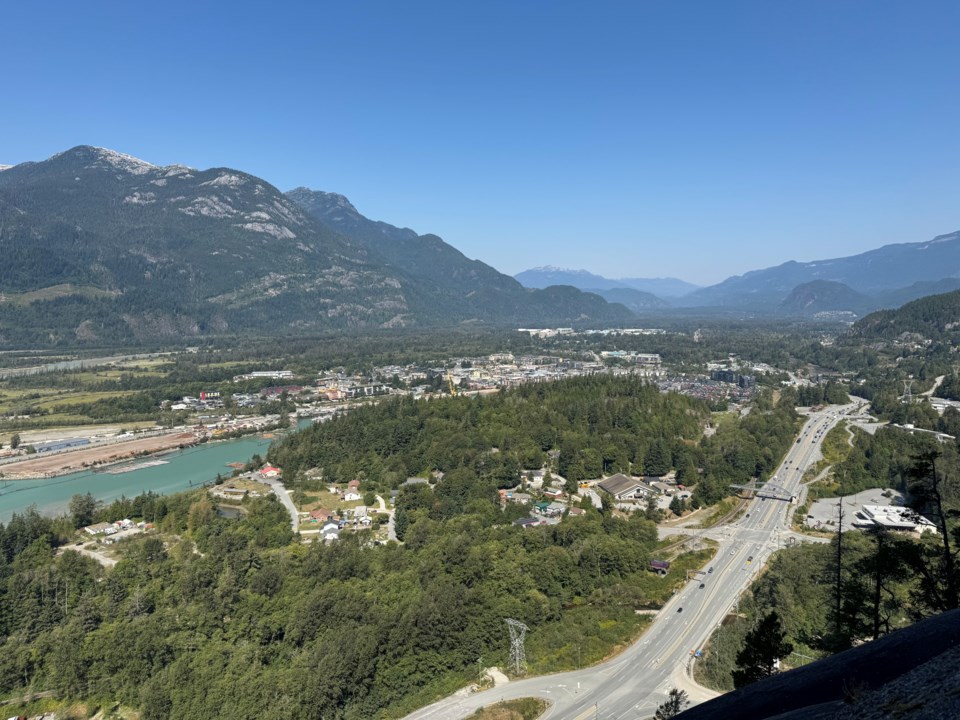A civil engineer who prepared a flood hazard assessment report for the Ministry of Transportation and Infrastructure admitted to unprofessional conduct.
In an Aug. 11 Engineers and Geoscientists B.C. (EGBC) consent order, Patrick Michael Sails is suspended for three months, beginning Aug. 21, and must pay $5,000 toward legal and investigative costs. Additionally, Sails must complete several educational courses and undergo peer review of his work at his own expense.
Sails admitted he did not have necessary qualifications, training and experience to prepare a flood hazard assessment for the ministry to reduce existing covenant setbacks at a property in the Squamish-Lillooet Regional District.
EGBC had cited Sails on Jan. 30, but the consent order with the discipline resolution panel means there will be no hearing into the matter.
The EGBC registry says civil engineer Sails originally registered in 2015, did not renew in 2022, but did so last year. His areas of practice are listed as civil (foundations/soils/geotechnical) and geological engineering (geotechnical/soil mechanics/rock mechanics).
The consent order says that Sails failed to comply with the EGBC practice guidelines for:
- Legislated Flood Assessments in a Changing Climate in BC (Version 2.1)
- Quality Management Guidelines: Documented Checks of Engineering and Geoscience Work (Version 1.3); and,
- the ministry’s terms of reference for natural hazards.
Sails also failed to comply with flood hazard assessment requirements, conduct and document sufficient fieldwork and analysis to reasonably evaluate flood hazard or risks.
He also broke EGBC bylaws that require all members and licensees to establish and maintain documented quality management processes for their practices, which required, as a minimum, correspondence, investigations, assessments and quality assurance documentation for a period of 10 years and regular documented checks of quality control appropriate to the risk associated.
The code of ethics breaches violated three principles, including “to hold paramount the safety, health, and welfare of the public, including the protection of the environment, and promote health and safety in the workplace.”
During the suspension period, the consent order states that Sails will “limit his practice to those project files that he is currently engaged on and will not take on any new project files or other engineering work; and make reasonable arrangements for the orderly transfer of his ongoing professional engineering project files to other professional engineers.”
Sails must complete, at his own expense, two webinars and an online seminar and be restricted from providing professional engineering services in relation to flood hazard assessments. Before that can be lifted, he must complete at his own expense, two flood hydrology webinars, but then be subject to peer review by a EGBC-approved professional engineer for a minimum 12 months and review a minimum of two projects. The costs of the peer reviewer will also be charged to Sails.
“In the event that Mr. Sails fails to comply with any of the terms of this consent order, his registration with EGBC will be, or will remain, suspended until every default has been remedied in accordance with the terms of this consent order,” said the consent order.




